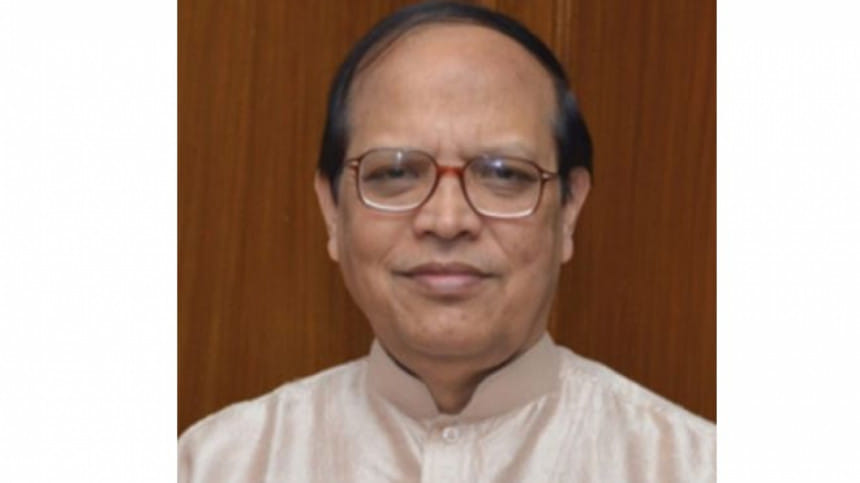Reducing inflation significantly will be difficult

It will be difficult to significantly reduce inflation this year as further currency devaluation and rationalisation of subsidies are necessary, said Atiur Rahman, a former governor of Bangladesh Bank, yesterday.
Inflationary pressure had eased in December but remained above 9 percent for the 10th month straight as commodity prices showed no signs of letting up, straining the purchasing power of most consumers.
Regarding the subsequent challenges now facing the economy, Rahman said they are manageable.
"Policymakers have rightly prioritised reducing inflation, with deeper coordination between the monetary and fiscal policies and prudent forex management being crucial to this end," he added.
Rahman made these comments while presenting a paper, styled "Towards a Trillion Dollar Economy of Bangladesh Opportunities and Challenges", at a luncheon meeting.
Various businesspeople, officials of the country's development partners, and other stakeholders participated in the event, which aimed to discuss solutions for improving Bangladesh's business climate.
The meeting was organised by the Foreign Investors' Chamber of Commerce and Industry (FICCI) at the Westin Dhaka.
While Bangladesh is on track to achieve developing country status by 2026, the country is at risk of losing up to 14 percent of its exports for the loss of duty benefits after graduation.
So, Bangladesh must now look for a new set of international support measures, including extended grace periods and lower interest on loans from its development partners, Rahman said.
According to the former central bank governor, bolstering exports and investments with special focus on foreign direct investment (FDI) is pivotal to this end while revenue mobilisation must also be bolstered.
However, the risk of foreign currency depletion remains due to the country's negative trade balance.
Besides, the financial account may face further deficit if reserve outflows continue to exceed inflows.
FDI inflows need to be bolstered to realise Bangladesh's macroeconomic potentials, particularly to stabilise its trade balance, he added.
Regarding immediate policy challenges, Rahman said stabilizing exchange rates, containing inflation, increasing export diversification, bolstering remittance and strengthening financial sector governance are a few ways to address them.
"With even just a modest 5 percent growth rate, Bangladesh's economy will touch the trillion-dollar-mark by 2040. It can do so even faster [by 2030] if double-digit growth can be ensured," he added.
Rahman also said Bangladesh's success should be attributed to its multidimensional approach to sustainable development.
FICCI President Zaved Akhtar said the country is currently facing significant economic headwinds.
"But we will not go far by worrying about them, rather we should be concerned about the chances we miss when we don't try," he added.

 For all latest news, follow The Daily Star's Google News channel.
For all latest news, follow The Daily Star's Google News channel. 








Comments